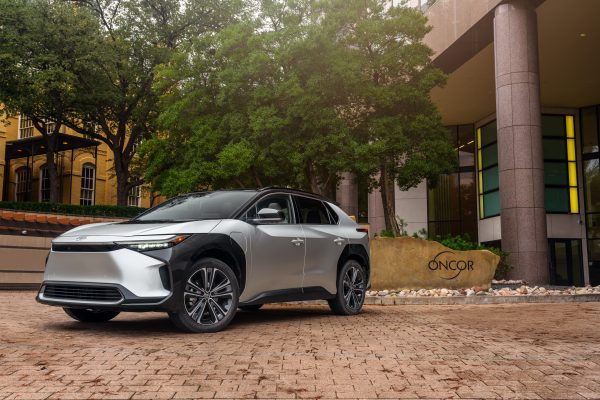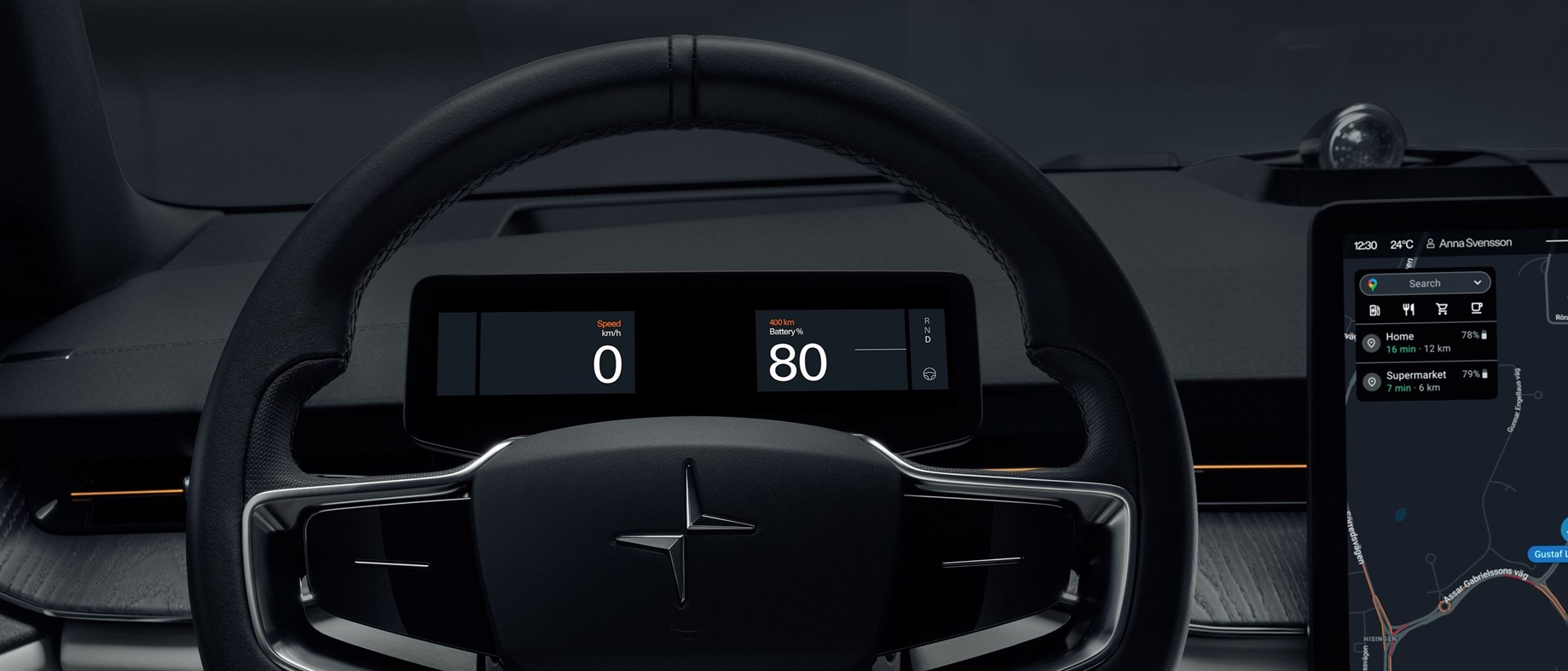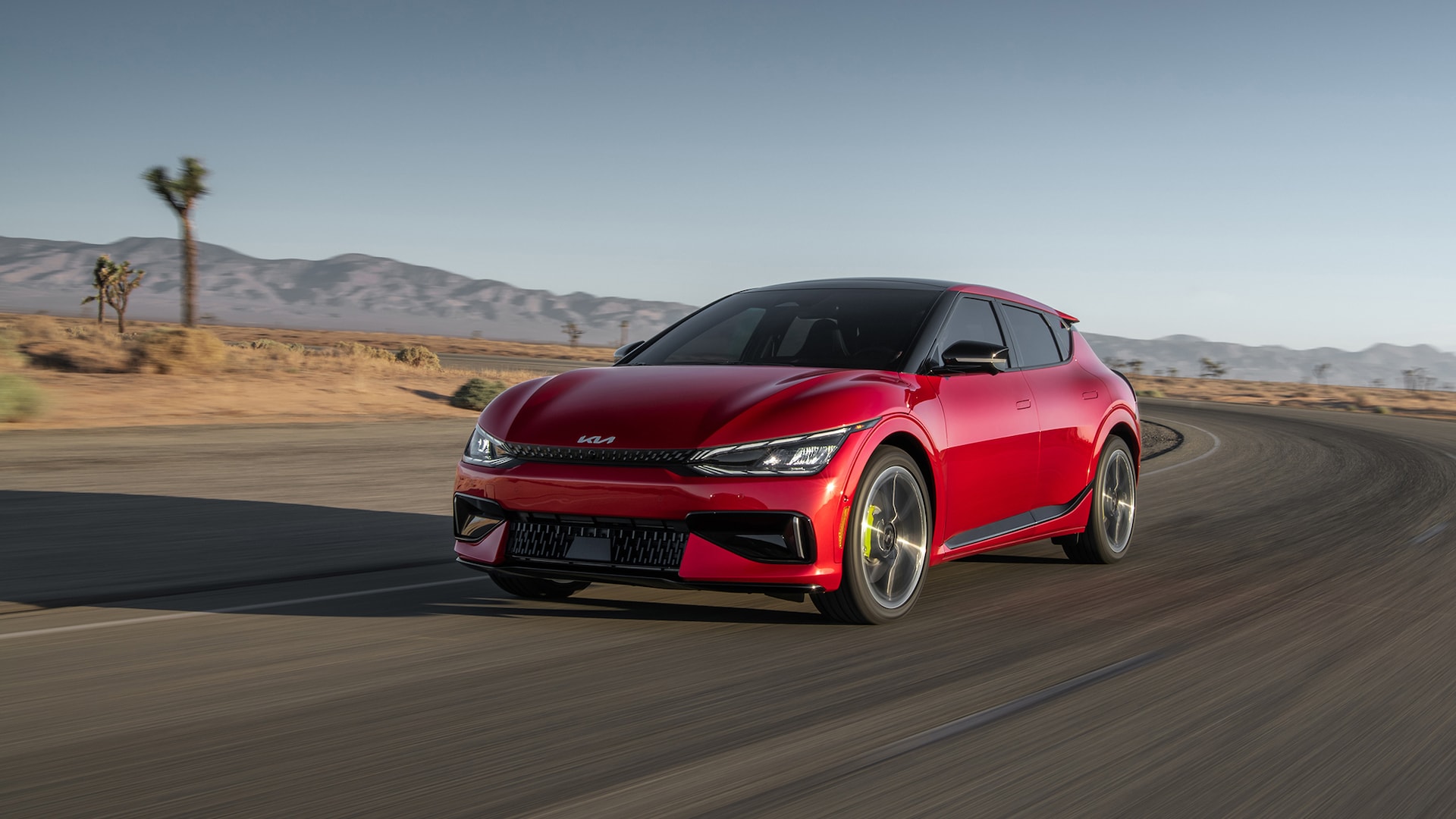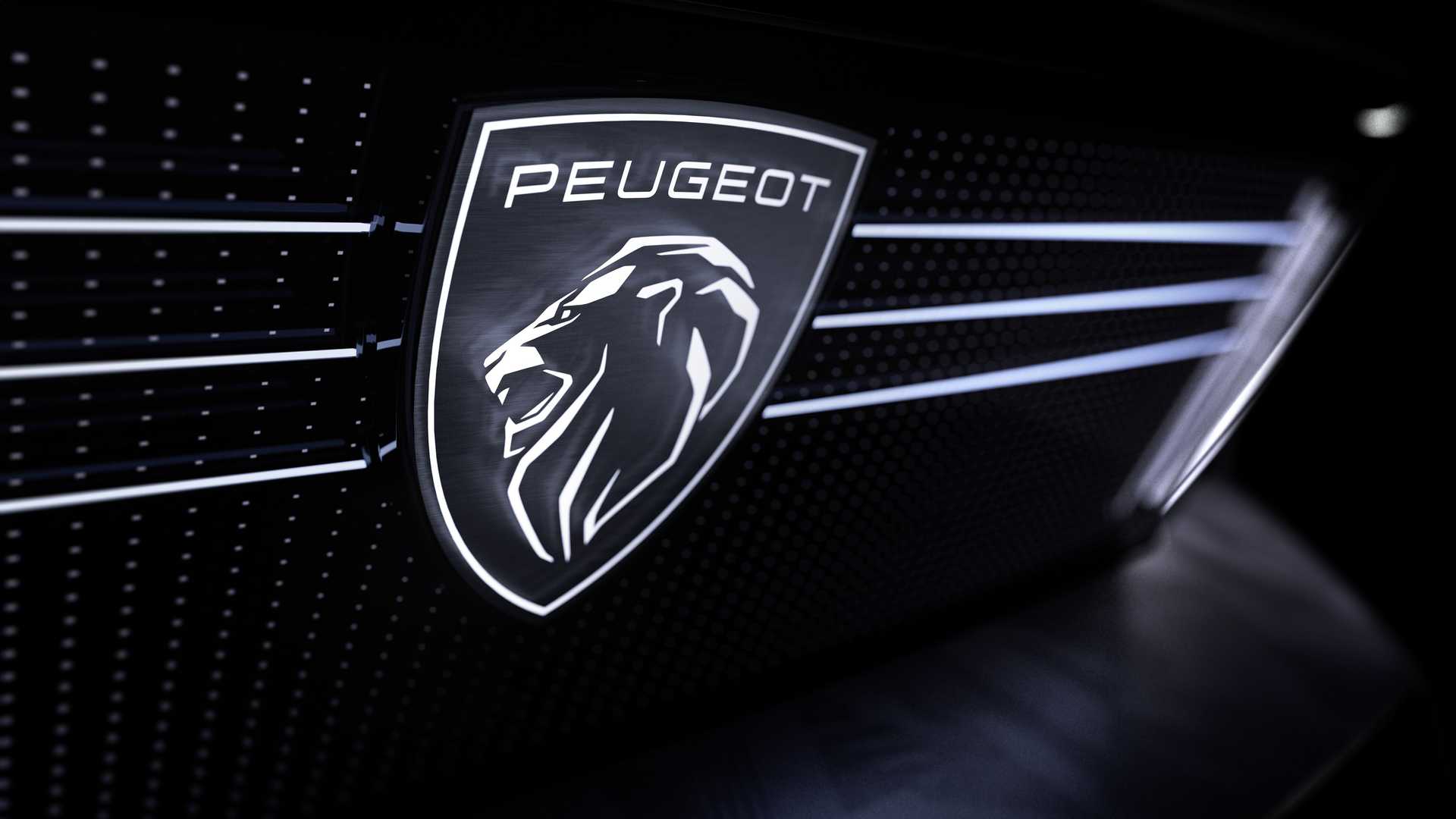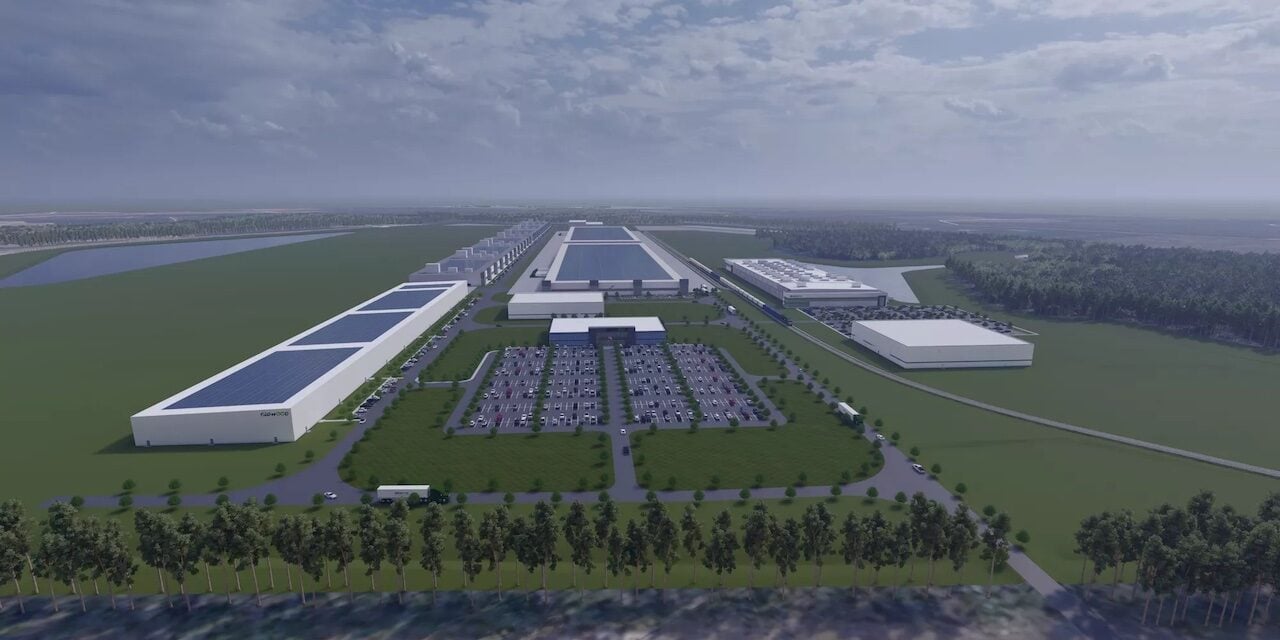Toyota and Oncor Electric Delivery have agreed to collaborate on a pilot project around vehicle-to-grid (V2G), a technology that allows vehicles to flow energy from their battery back onto the electric grid. The effort will be led by Toyota’s Electric Vehicle Charging Solutions (EVCS) team, marking an important first collaboration with a public utility for Toyota in the U.S. around Battery Electric Vehicles (BEVs).
The results from the research will allow Toyota and Oncor to be better prepared to support the broader EV charging ecosystem in the United States. Further, these efforts will allow Toyota to elevate the customer experience for Toyota BEV customers, accelerate efforts in carbon neutrality and provide advances in business opportunities.
“We envision a future where Toyota BEVs provide a best-in-class mobility experience, but also can be utilized by our customer to power their homes, their communities or even power back the electric grid in times of need,” said Christopher Yang, group vice president of Toyota Electric Vehicle Charging Solutions team. “Our collaboration with Oncor is an important step for us to understand the needs of utilities, as we plan to work closely with them to ensure every community can embrace Toyota’s shift to electrified vehicles.”
“Electrification is coming, and it’s Oncor’s job to build a safer, smarter, more reliable electric grid that can enable the needs of our customers, the state of Texas and the ERCOT market. This project marks the first collaboration of its kind between Oncor and an OEM manufacturer, and we are excited to work with a world-class technology leader like Toyota to better understand how the electric grid can enable V2G transactions across the Oncor service territory,” said Jim Greer, Oncor Executive Vice President and Chief Operating Officer. “We appreciate Toyota’s collaboration in pursuing innovative energy solutions through this endeavor, and we look forward to someday implementing the lessons learned from this pilot project in benefit of the many communities we serve.”
Initially, the two companies have agreed to a research project that will use Oncor’s research and testing microgrid at its System Operating Services Facility (SOSF) in south Dallas, located just south of Toyota’s nearby national headquarters. The SOSF microgrid is composed of four interconnected microgrids that can be controlled independently, but also operated in parallel, tandem or combined into a single, larger system. The microgrid and its subsystems also include a “V2G” charger, solar panels and battery storage for testing and evaluation. Toyota and Oncor plan to use a BEV along with the system to better understand the interconnectivity between BEVs and utilities.
Beyond this initial phase, a second phase of the project slated for 2023 will include a V2G pilot where testing will be conducted with BEVs connected at homes or businesses within Oncor’s service territory, pursuant to all standard interconnection processes and agreements.
The collaboration will help provide both Oncor and Toyota insight into the current and future needs of its customers. Furthermore, it will provide Oncor with additional insight into the infrastructure needed to enable the rapid growth of electric vehicles and electric vehicle charging infrastructure, meet their needs and support electric vehicles and better understand the impact of V2G on the electric grid.
Toyota’s first mass-market BEV, the bZ4X, went on sale this past year in the U.S. and Canada. The first Lexus BEV, the RZ 450e, is scheduled to go on sale in early 2023.

